Some people say that raising a puppy is similar to raising a baby. While there are some apparent differences, there are some similarities, too. Both puppies and babies are curious, adventurous, and gentle. Cocker spaniel puppies, in particular, resemble babies! So maintaining routine is crucial for new puppies. Without a new puppy schedule daily, puppies will not be able to be trained to follow the rules. With proper routine a puppy will feel secure and behave well, they will also understand what to expect and what is expected of him. Here’s a bit more info on why daily schedules are important for puppies and how to create your own puppy routine:
Why a New Puppy Schedule is Important?
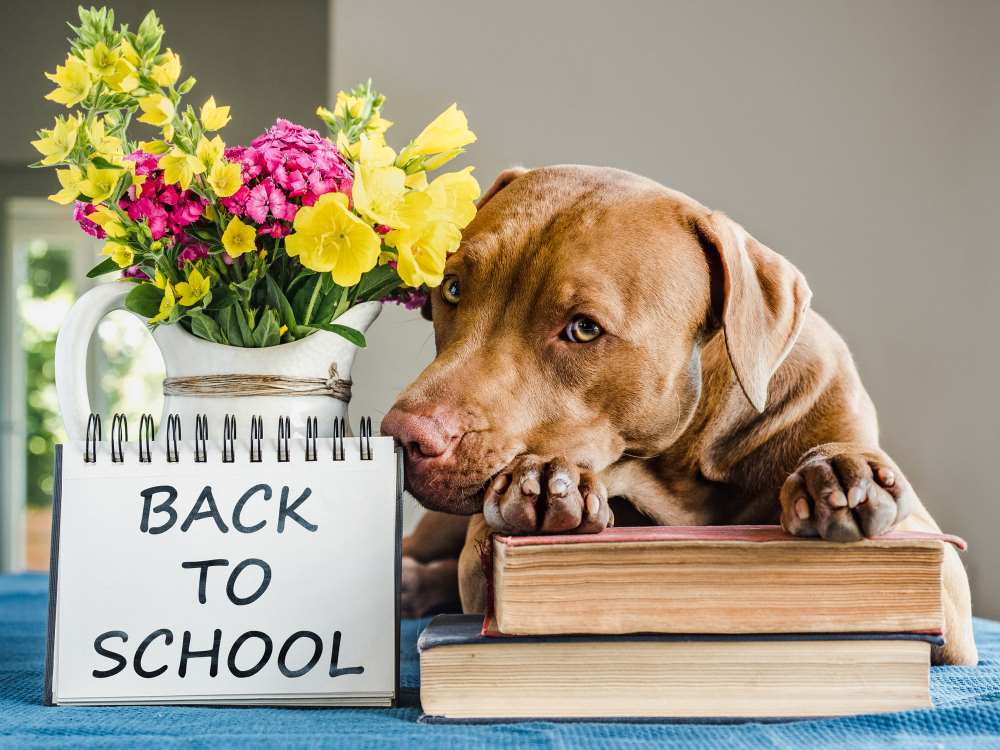
The sooner a daily routine for new puppy is established, the easier it will be for your dog to adjust to his new family and for you to adjust to him. Routine makes it easy for everyone, including humans, to understand what is and is not an appropriate action. A daily plan provides order to your dog’s life right away!
Keep in mind that a cute puppy creating some small accidents will not be so cute when he becomes a full-grown dog. The example schedule provided below is a nice place to start; you may need to modify it to fit your puppy’s needs.
Example Schedule for New Puppy
If you want to be a good puppy parent, you need to set expectations and boundaries, especially for your Cocker Spaniel. Dogs are habitual, and they thrive in a structured environment. Making a timetable also helps potty training your puppy simpler. Regular meal walks and a sleep routine will help your puppy succeed in potty training.
Ultimate New Puppy Schedule for Everyday – Must Haves
It provides everything you and your puppy will need to conclude the day on a positive note, including playtimes, feeding times, and potty breaks, among other things. We wish we could see your expression as you read the schedule since there are a lot of bathroom breaks.
First Thing First
Take your new puppy outside to pee just after he wakes up in the morning. Use a cue, such as “hurry up” or “go potty,” as well as praise and goodies, to reward him for pottying outside and encourage him to do so in the future. If you want to take your dog for a morning stroll, do it after he’s done pooping & peeing. Walking for no more than five minutes each month of age is a good rule of thumb for protecting growing bones and joints.
Breakfast
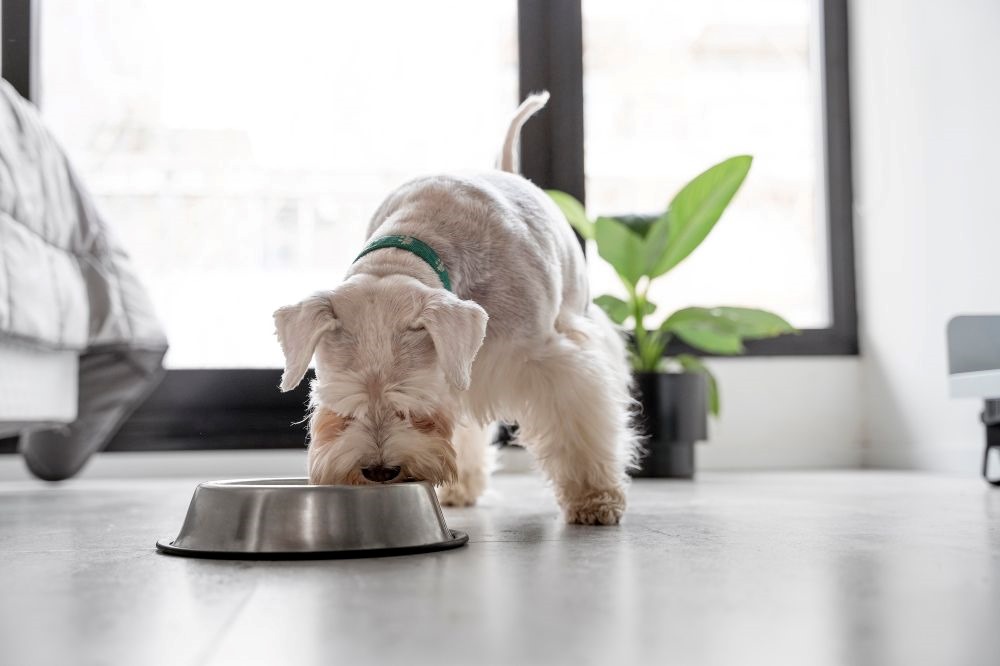
This is the ideal time to serve your dog his breakfast if you’ve opted to feed him two meals a day. It’s also the finest time to give your dog his first meal of the day at this time. You must have a basic knowledge of how much your new puppy should eat.
Do not allow more than 15 minutes for the food to sit. Pick up the bowl after that and don’t feed any more food until the next meal (except for small treats used for training). Clean the water dish and fill it with fresh water.
After the Puppy’s Breakfast
Puppies normally need to go pee again within a few minutes after eating, so give them another chance. After that, spend some time with your puppy playing and/or conducting some training. Provide some safe toys if you can keep an eye on the dog as it plays. Put your puppy inside the crate with a secure chew toy if you’re occupied with other things or going to work. Before you depart for the day, take him out for one last bathroom break.
Mid-Morning
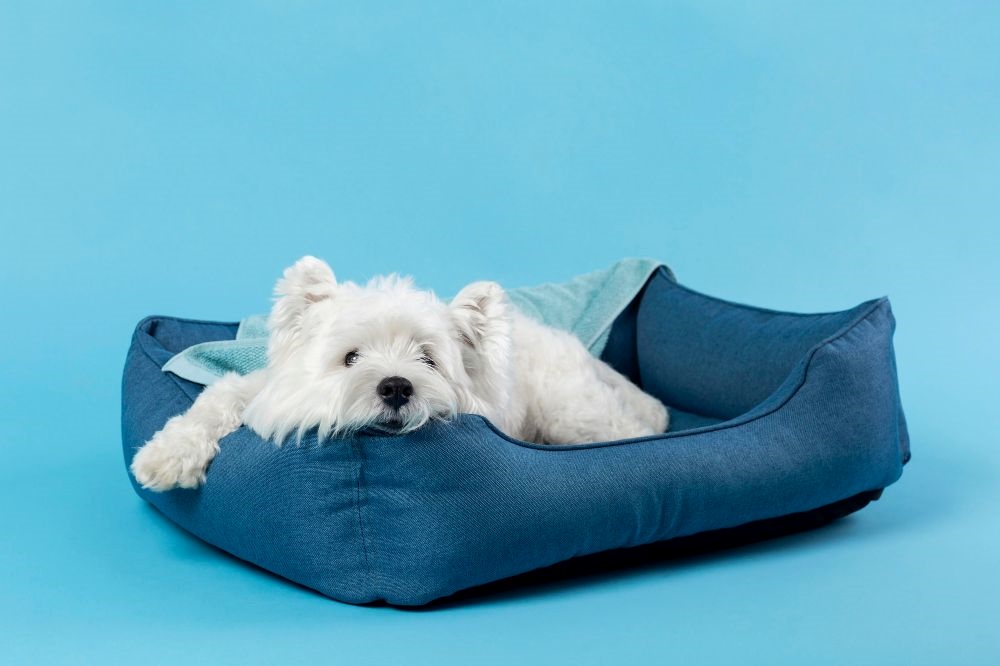
Spend the rest of the morning napping, preferably in a dog crate. Even if you’re home throughout the day, your puppy should spend time in a crate or enclosure to learn how to be alone. It’s also hard to predict what mischief a puppy may make.
Consider putting your puppy’s crate in a small area with a tile or vinyl floor. You might lay puppy pads on the floor to allow your dog to relieve himself. Just be aware that this may cause toilet training to be delayed or disrupted. If at all feasible, give your puppy crate training to put him in a crate and let him out at regular intervals for toilet and exercise.
Mid-Afternoon
Give your dog a fresh, clean bowl of water as soon as you get home from work. Giving your puppy his nighttime food is also the perfect time right now. Take him outside shortly after he has done eating to expend all of the energy he has accumulated throughout the day. You may use this time to practice some basic obedience training.
Evening
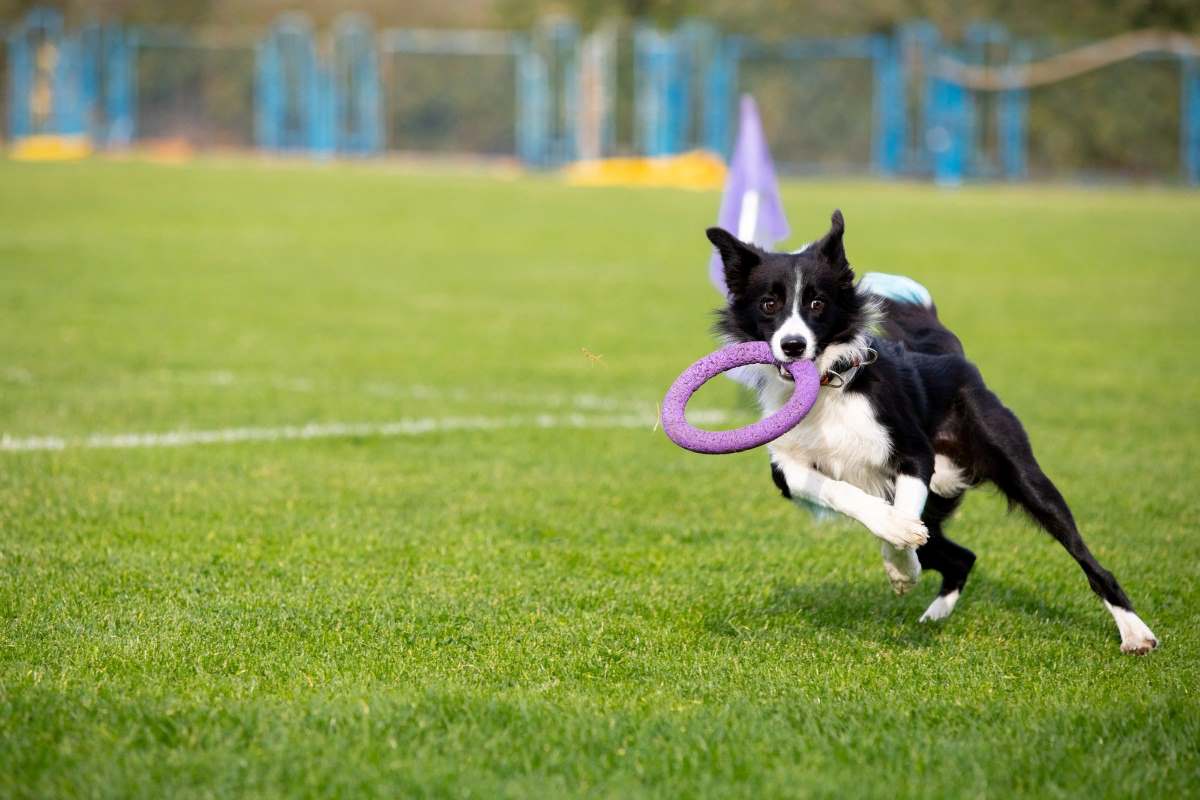
Another trip to the bathroom! Early evening is a great time for socializing with other people and dogs. This is the “witching hour” for many pups, and if you anticipate it by commencing play, he may calm down. Give him a reward and let him settle in if he doesn’t, even after a lot of exercises.
Bedtime
Having a scheduled bedtime for a new puppy helps with his transition and house training. It doesn’t matter if it’s 8 p.m. or 12 a.m.; what matters is that it becomes a habit. Take him to his box and assist him in getting comfortable for the night.
You can set the alarm for when you want to wake up and take your puppy out for a fast, boring pee break if he isn’t yet able to sleep through the night. It’s advisable to get up a bit earlier than you think he will so you don’t react to his whining and barking. Then it’s back to bed to be ready for another fantastic day with your puppy!
Without creating a daily schedule for the puppy and sticking to it!- Your puppy-raising experience will be absolute chaos! In order to create discipline, as well as train your puppy, a thorough daily routine will be required. If you are away from home for a long time, then you can try an automatic feeder, which will provide a timely meal to your cocker spaniel.
Ending Note
If you can maintain the new puppy schedule from the beginning, the journey with your dog friend will be much smoother and adjusted. Those time and effort will also keep your dog healthy and well-behaved as well. It might look difficult to carry out in the early stages but eventually, things will get easier as your puppy grows. We will recommend you hang in there and trust the process.
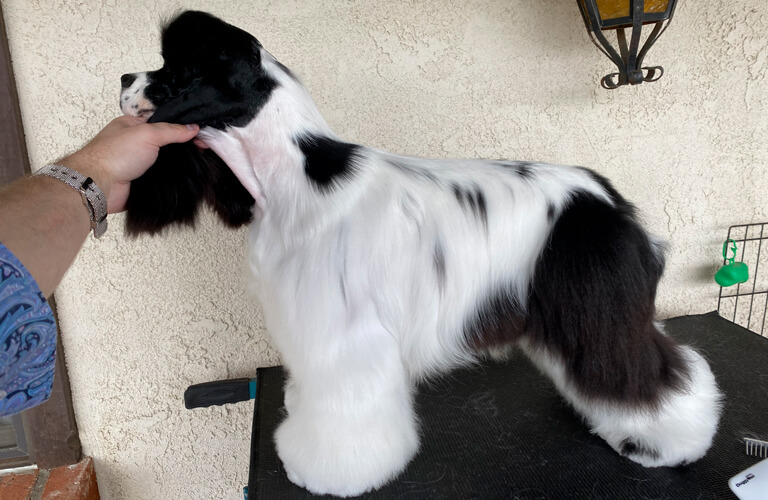
Leave A Comment